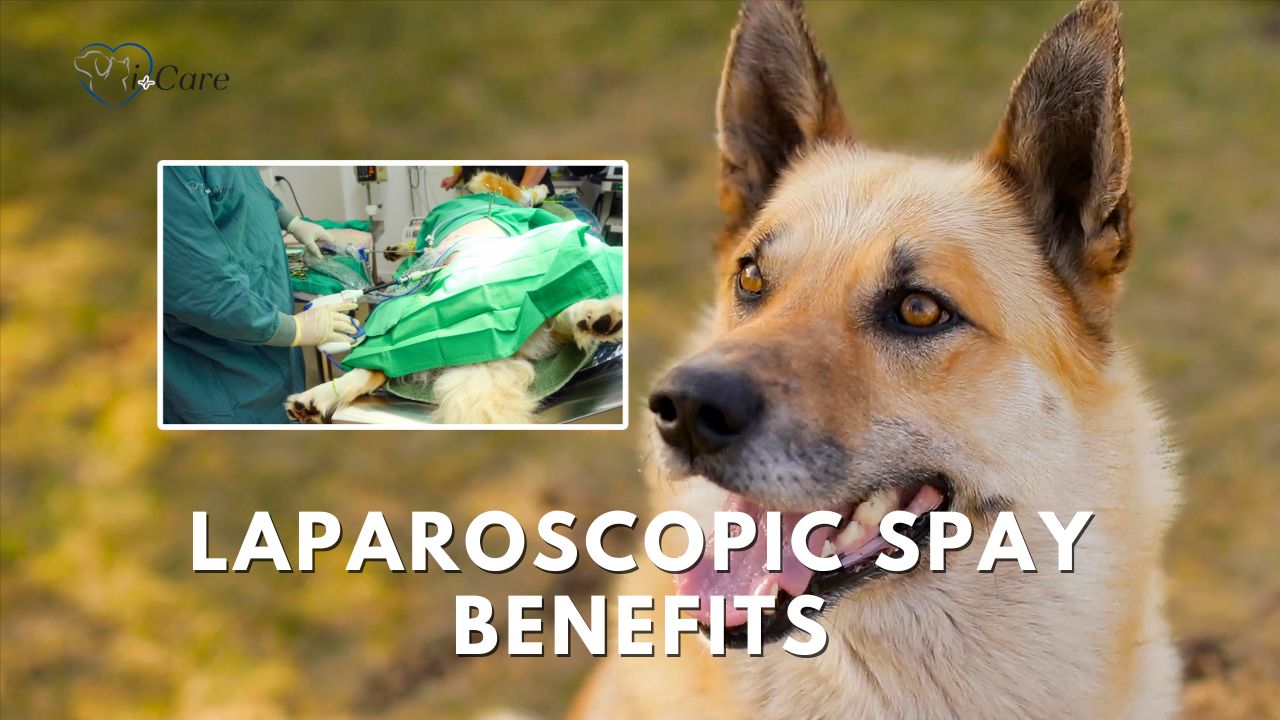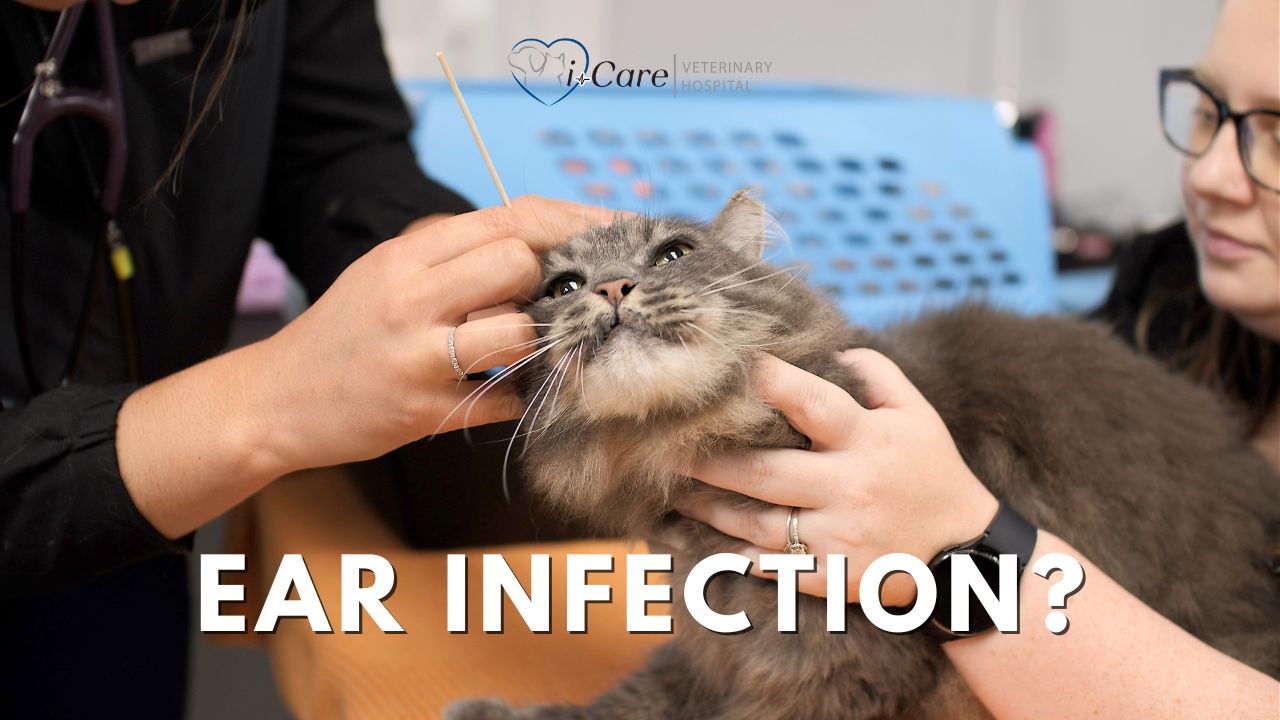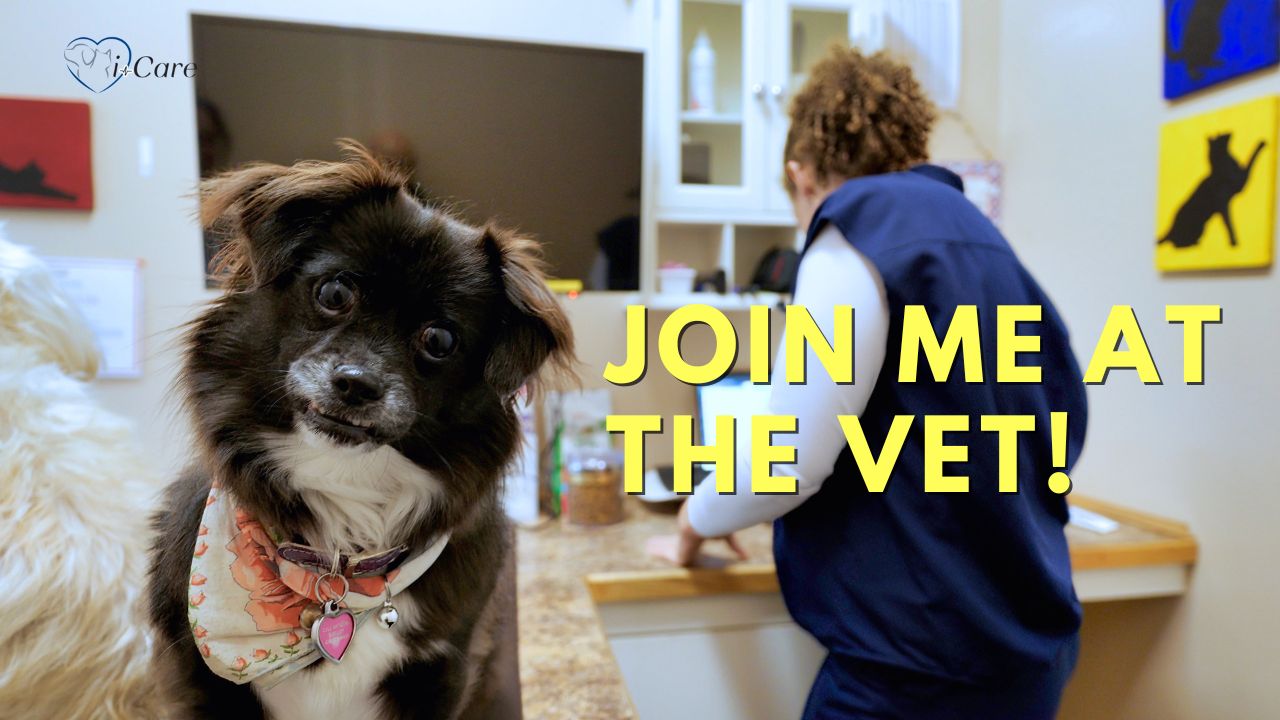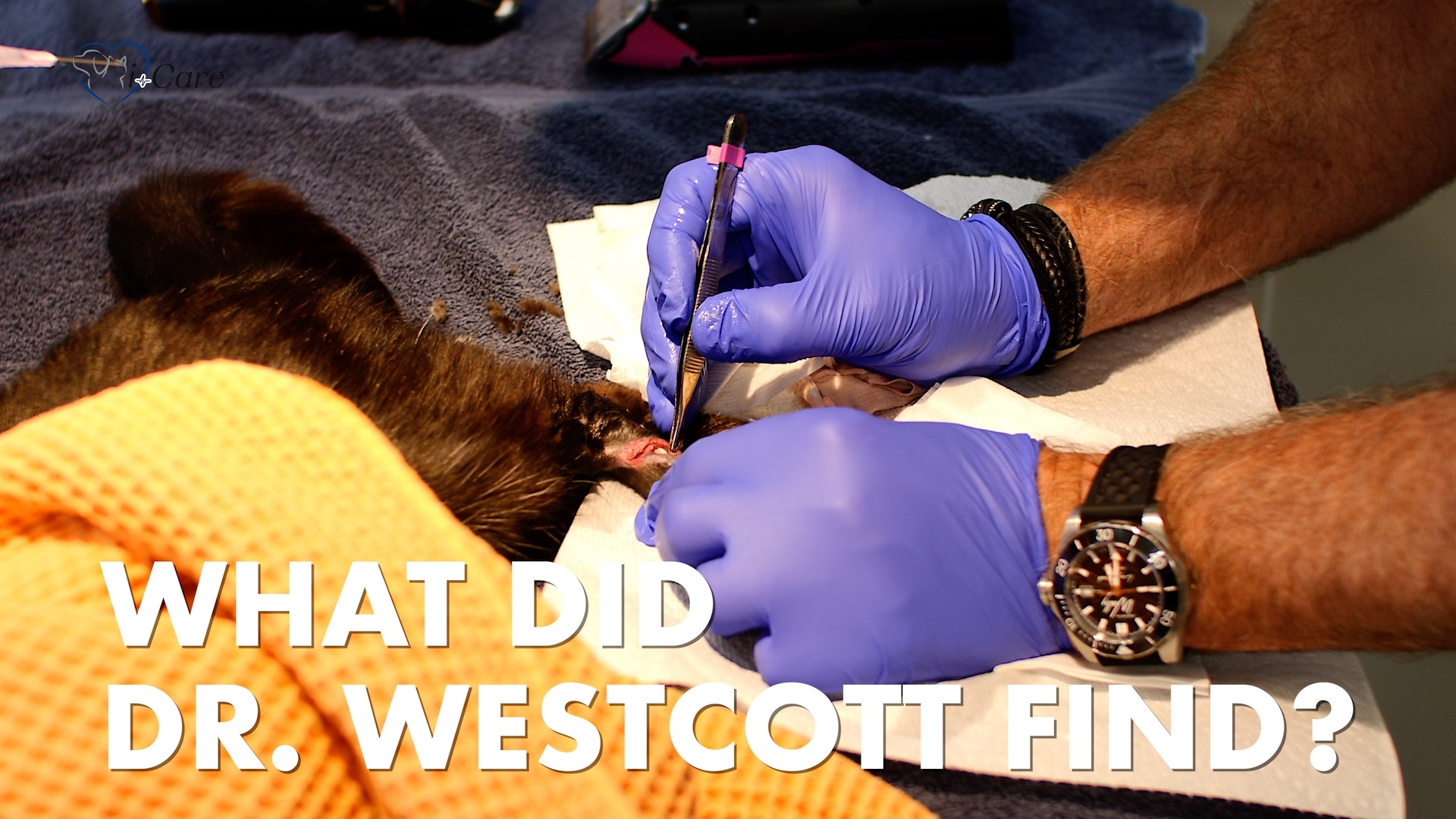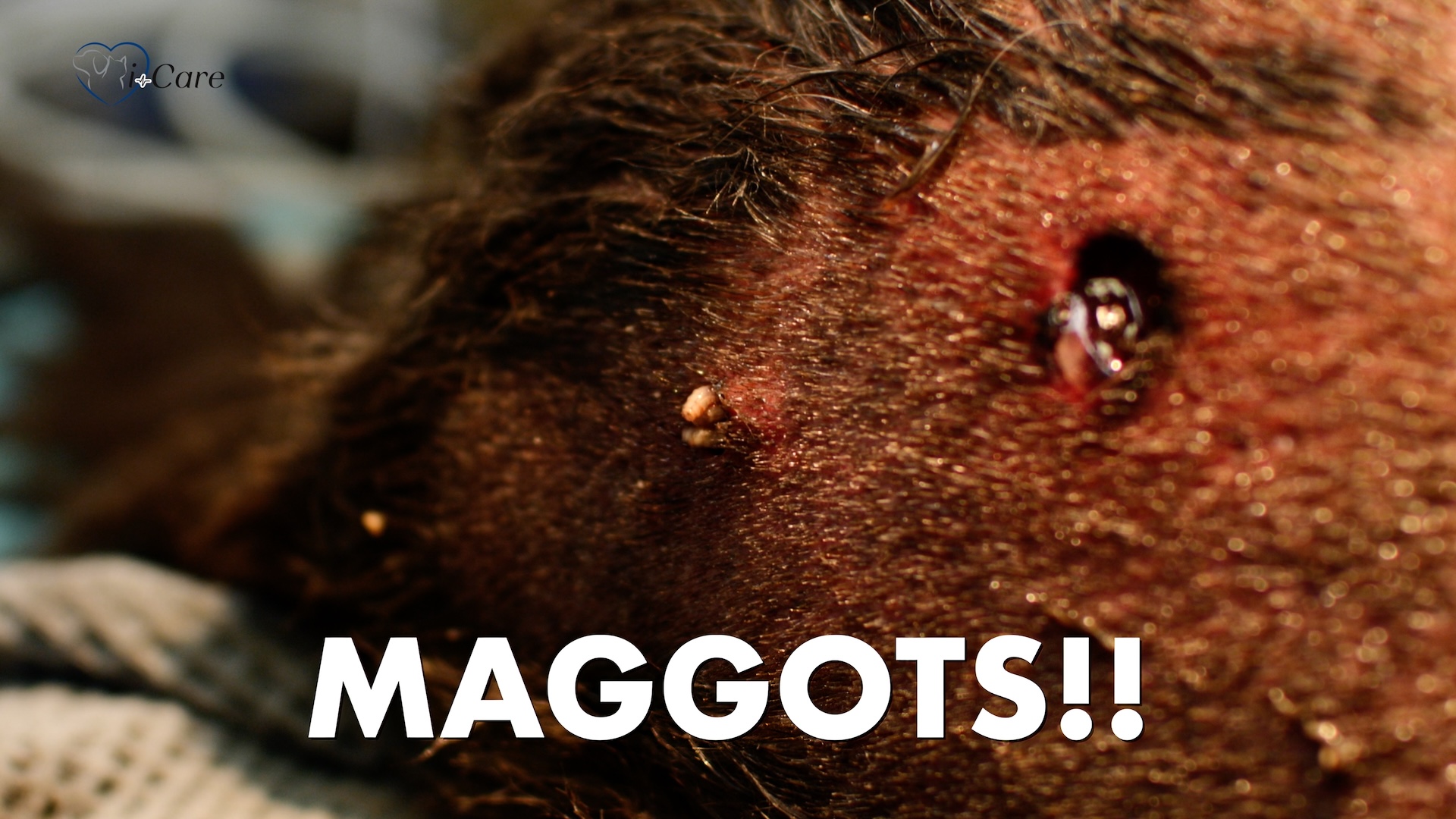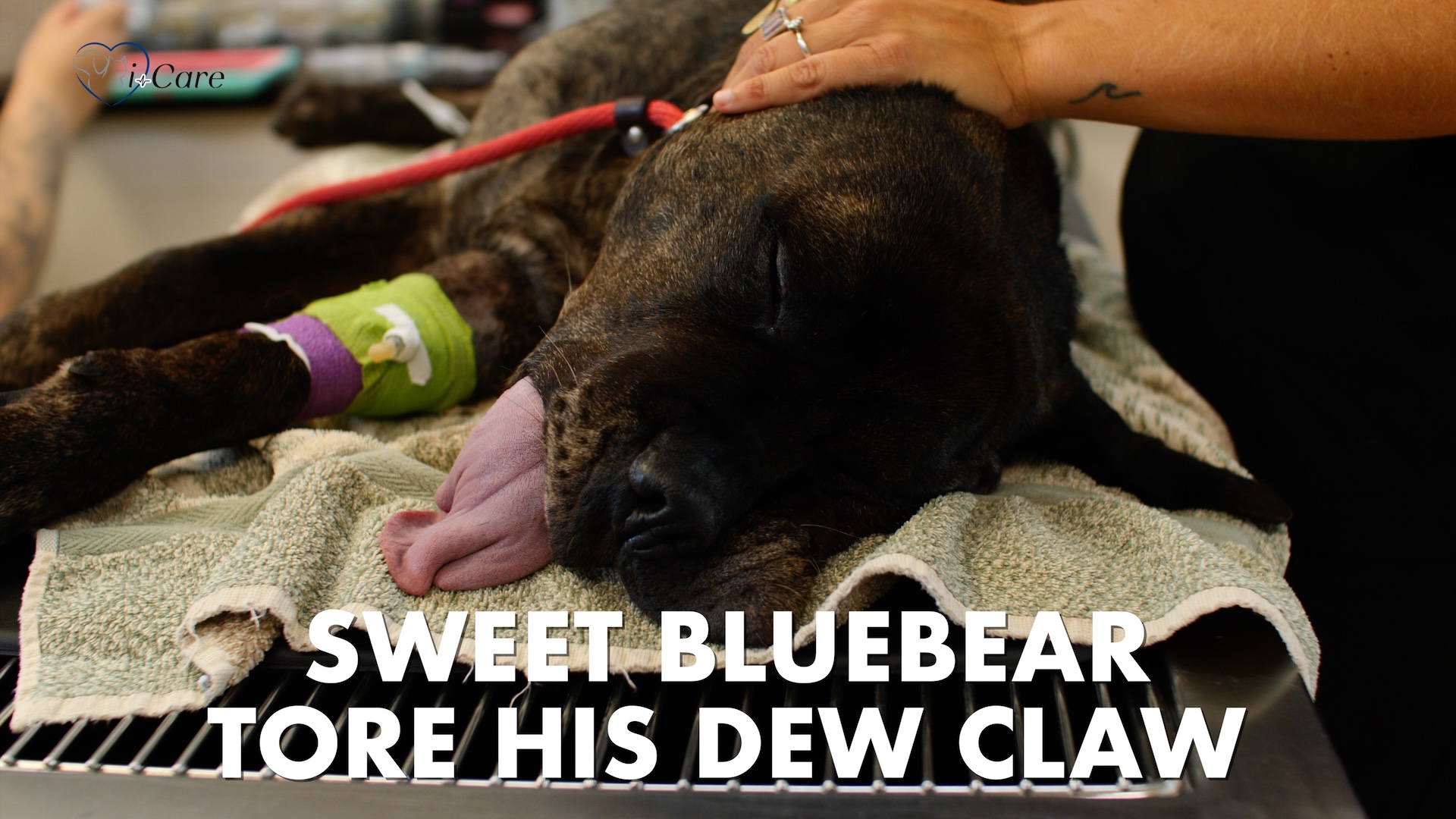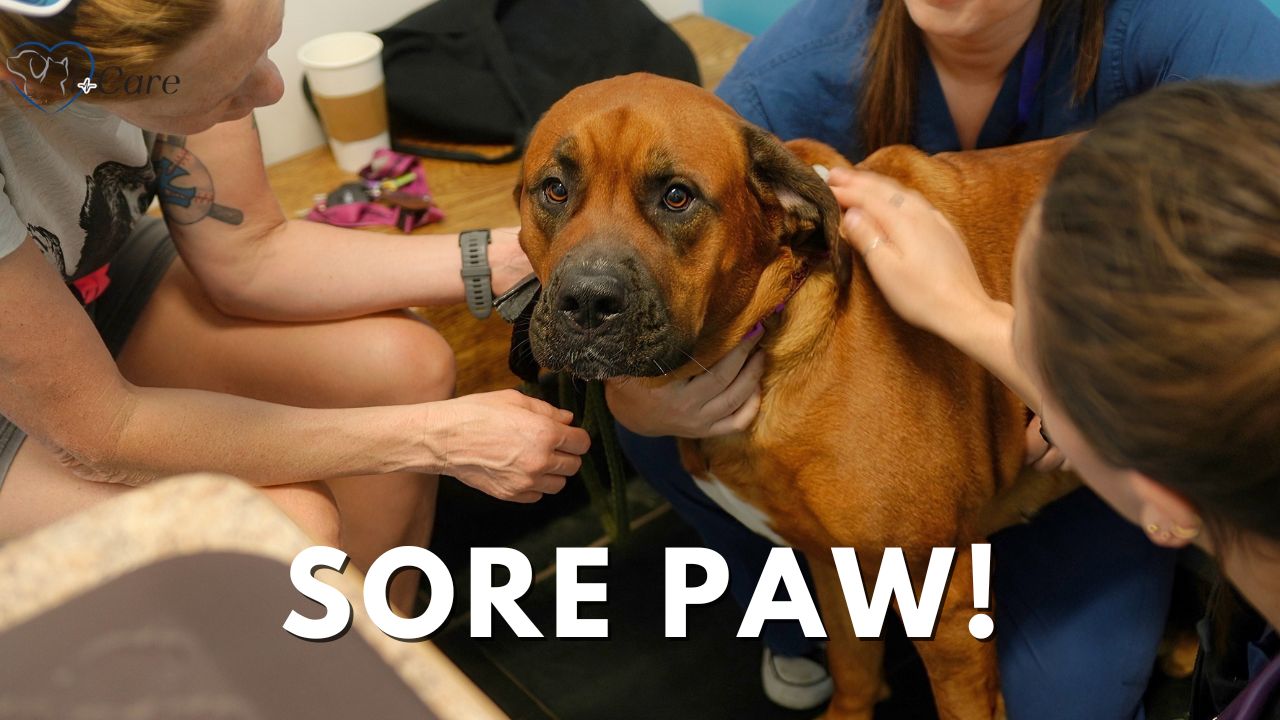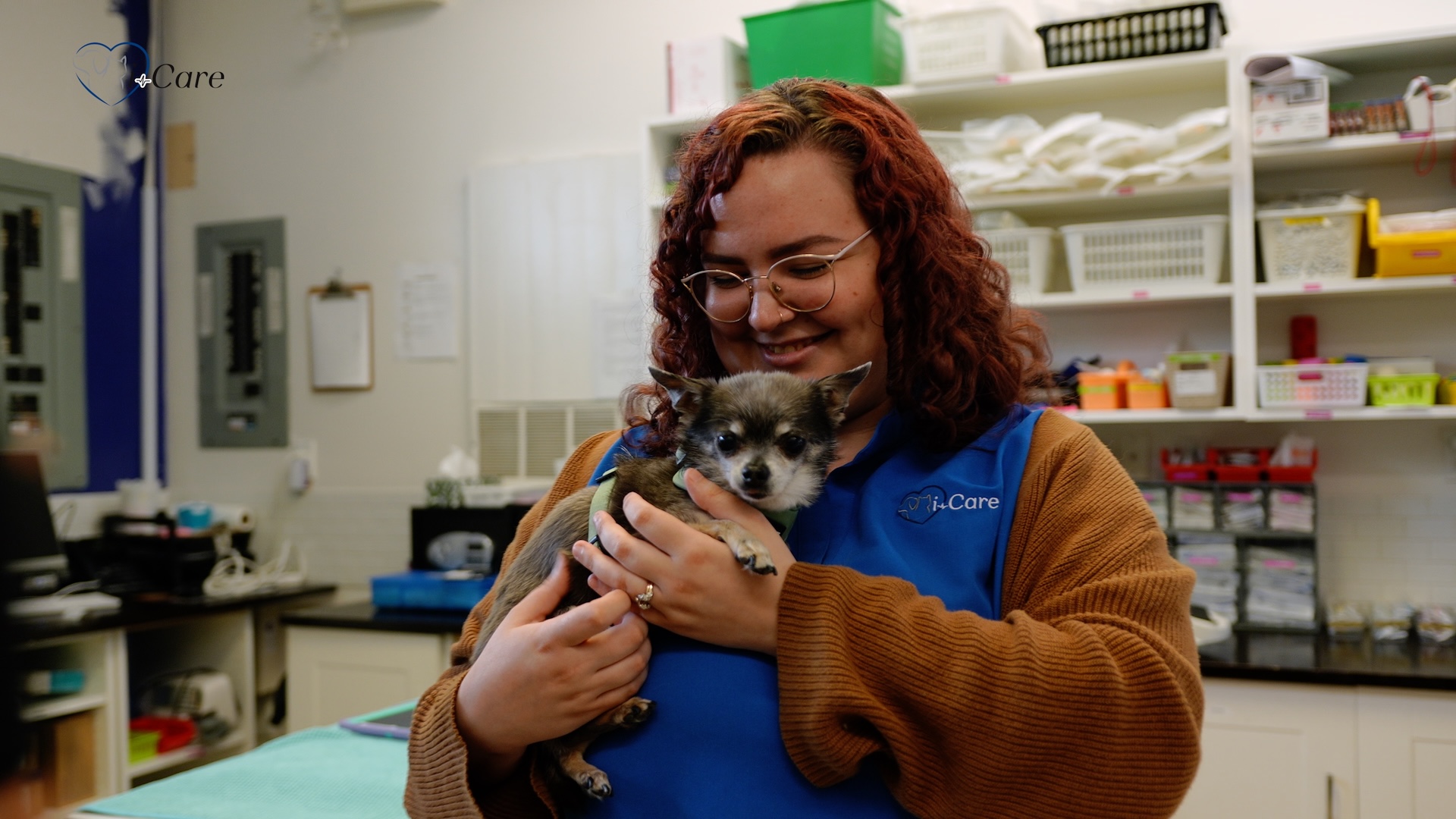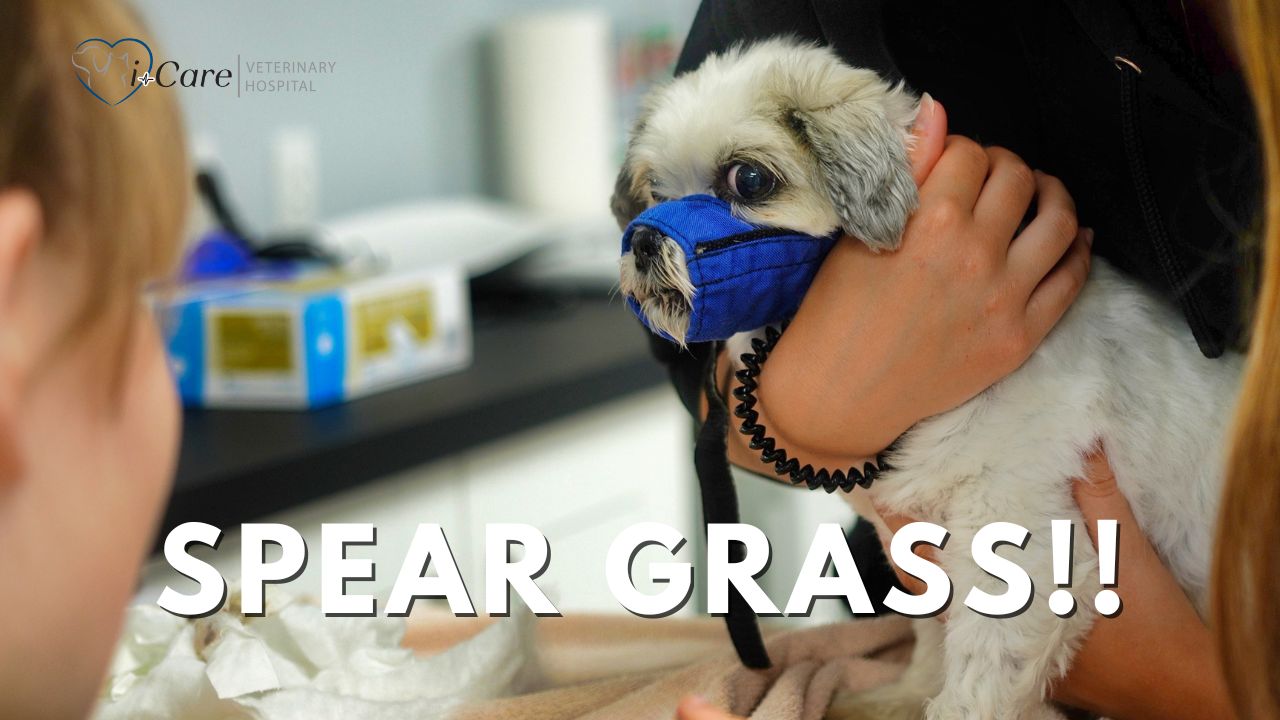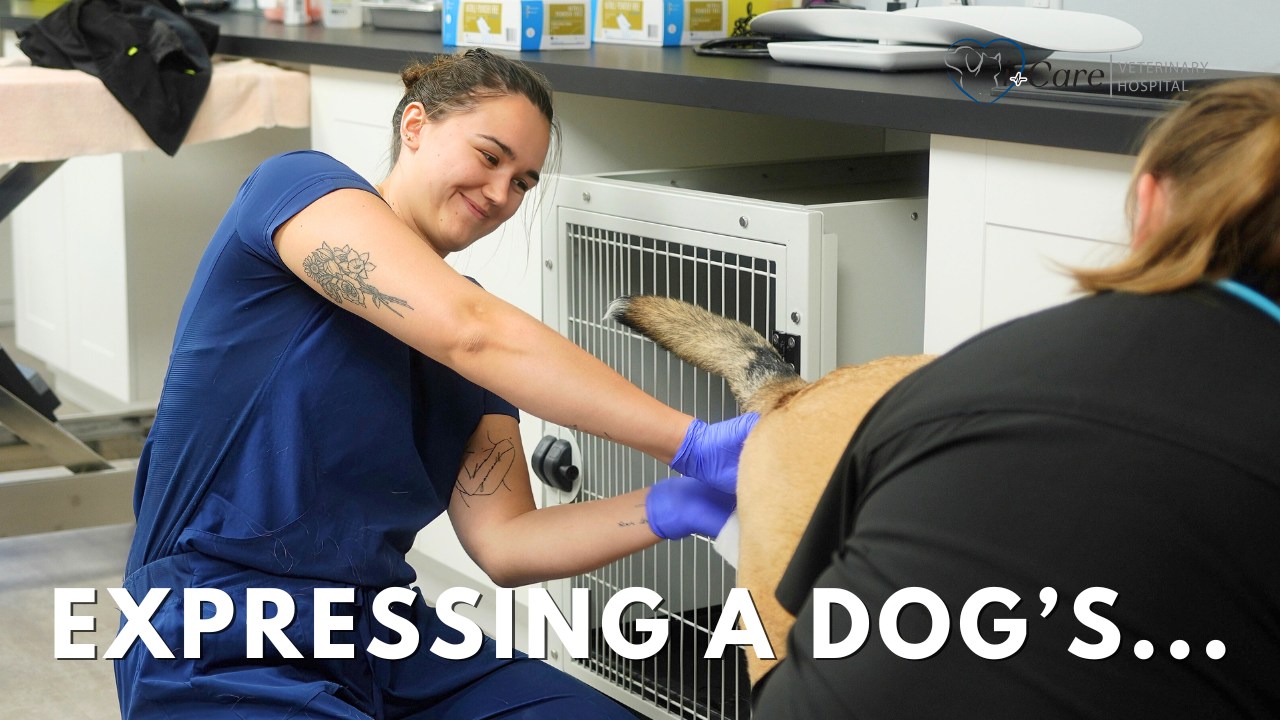25 Sep Traditional Spay vs. Laparoscopic Spay: Why Laparoscopic Surgery May Be the Best Option for Your Dog
As a responsible dog owner, spaying your dog is one of the most important decisions you’ll make for their health. The question is, which spay method is right for your dog? At i-Care Veterinary Hospital in Coombs, BC, we offer both traditional spay surgery and laparoscopic spay. But what’s the difference, and why might laparoscopic spay be a better option? In this blog, we’ll break down the key differences between these two procedures and explain why laparoscopic spay is becoming the preferred choice for many pet owners. https://youtu.be/ctie_mWtBps Traditional Spay: What to Expect Traditional spaying involves a single, larger incision in the abdomen to remove the ovaries and uterus. While this method is effective and has been used for decades, it can lead to: A larger surgical wound More post-operative discomfort for your dog Longer recovery times (often requiring up to 10-14 days before your dog can resume normal activity) For many dogs, the recovery process can be challenging, especially with the need to limit physical activity and wear an e-collar for extended periods. What is Laparoscopic Spay? Laparoscopic spay is a minimally invasive procedure that uses a small camera (laparoscope) and specialized instruments to remove the ovaries through tiny incisions. At i-Care Veterinary Hospital, we’re proud to be the only clinic on Vancouver Island currently offering this advanced surgical technique for dogs. Here’s why many pet owners are choosing laparoscopic spay: Smaller Incisions, Less Pain Since laparoscopic surgery involves just a couple of tiny incisions, there’s far less trauma to your dog’s body compared to traditional spay. This translates to significantly less pain after the surgery. Faster Recovery Dogs undergoing laparoscopic spay tend to recover much faster. In many cases, they’re back to normal activities within a few days, compared to the extended downtime required for traditional spaying. Fewer Complications Laparoscopic surgery allows for greater precision, reducing the risk of complications such as excessive bleeding or infection. Additionally, the smaller incisions heal quicker and leave minimal scarring. Is Laparoscopic Spay Right for Your Dog? While laparoscopic spay offers several advantages, the choice of procedure will depend on your dog’s age, health, and specific needs. Our veterinarians at i-Care Veterinary Hospital are here to provide guidance and recommend the best option for your dog’s overall health and well-being. Why Choose i-Care Veterinary Hospital? At i-Care, we believe that every pet deserves the best care possible. Our experienced veterinary team is fully trained in performing laparoscopic spay, and we’re proud to offer this advanced option to...

